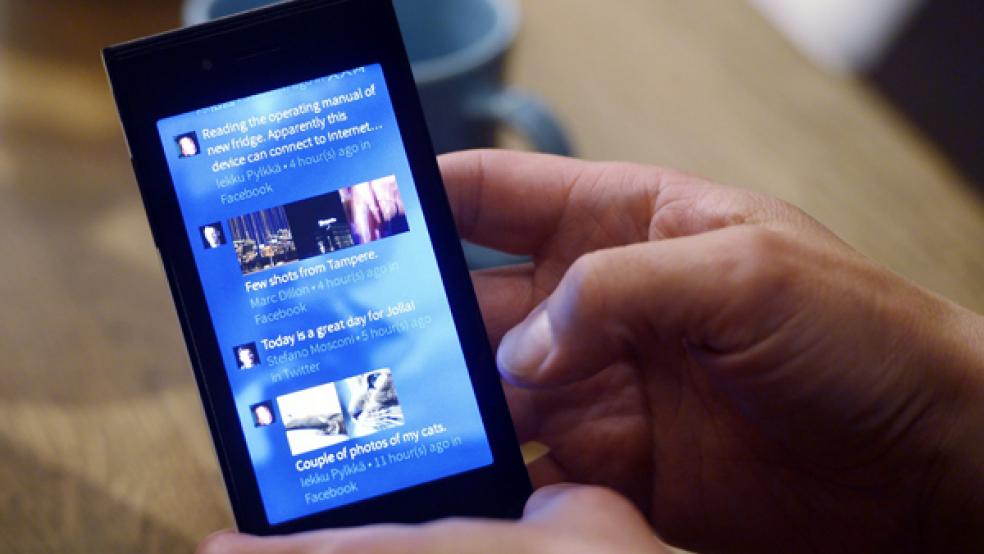To search or not to search. That was the question facing the Supreme Court, as the nine justices deliberated whether or not to give police the right to search cellphones, without a warrant, of the people they arrest. In a unanimous decision handed down today, the court ruled police can't.
Until now, almost anything found on a person or in the immediate proximity of that person during an arrest was fair game for the police to inspect and/or rifle through. Though the Fourth Amendment of the Constitution protects U.S. citizens from "unreasonable searches and seizures," this particular practice has always been broadly sanctioned by the courts and a commonplace action for police officers to take during an arrest.
The court ruling today again illustrated the challenges and changes regarding privacy our digital age. Writing for the majority, Chief Justice John G. Roberts, Jr. explained how cell phones are different from other physical items: "Modern cell phones have an immense storage capacity. Before cell phones, a search of a person was limited by physical realities, and generally constituted only a narrow intrusion on privacy. But cell phones can store millions of pages of text, thousands of pictures, or hundreds of videos."
Related: How Your Smartphone Can and Will Be Used Against You in a Court of Law
Getting at the "digital information" aspect of the ruling, Roberts added that "the scope of the privacy interests at stake is further complicated by the fact that the data viewed on many modern cell phones may in fact be stored on a remote server. Thus, a search may extend well beyond papers and effects in the physical proximity of an arrestee."
The broader issue made its way to the Supreme Court via two narrower cases. In Riley v. California, police used photos and videos found on a defendant's cellphone during a routine traffic stop to convict him on charges of gun violence. In United States v. Wurie, a federal appeals court ruled that damning evidence found on a drug dealer's phone couldn't be used against him in court.
While the Supreme Court's ruling was a welcome one for privacy and civil rights proponents, the court acknowledged that the ruling could hamper some law enforcement investigations. "We cannot deny that our decision today will have an impact on the ability of law enforcement to combat crime,” Roberts wrote in his decision. “Cell phones have become important tools in facilitating coordination and communication among members of criminal enterprises, and can provide valuable incriminating information about dangerous criminals. Privacy comes at a cost."
Time will tell what that cost may be, but the Supreme Court took a bold step itself today in trying to draw a reasonable line in the seemingly limitless realm of big data and increasingly all-pervasive technology.
Top Reads from The Fiscal Times:





